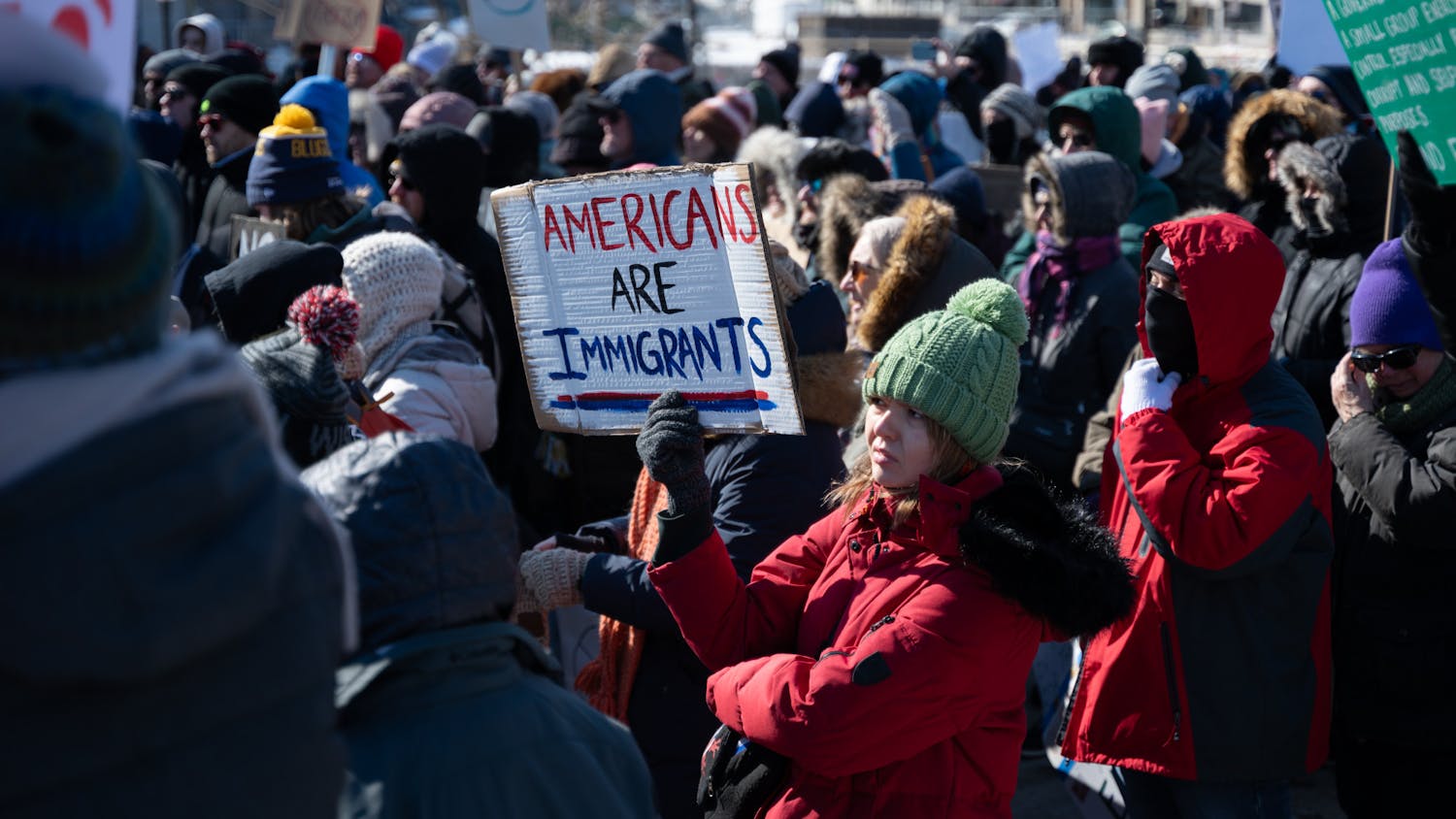For some UW-Madison students, last week’s campus-wide climate survey results were no surprise.
Survey data showed that while 81 percent of UW-Madison’s overall student population often feel welcome on campus, just 69 percent of LGBQ students, 67 percent of students with a disability and 65 percent of black students feel similarly.
Sean Olson, a representative of the Ten Percent Society, an organization focused on providing a safe space for LGBTQ students, said the results are a reaffirmation of issues of inclusion on campus.
While Olson believes that many student organizations provide safe spaces for LGBTQ students, he thinks that there needs to be more institutional action to promote a safe and inclusive campus for minority groups.
“[UW-Madison] should push these findings of the survey [to] show that this is a reality on campus and, even though they might not know it, [make] people aware that they are playing into this [campus] culture,” Olson said.
According to Olson, creating events like the Diversity Forum is essential to generating awareness. Olson hopes advertising these events will cause majority groups to become informed of the experiences of minority students.
“Creating events with a focus on underrepresented identities allow the campus to incorporate a discussion surrounding diversity and its role within the educational system,” Olson said.
Katrina Morrison, Associated Students of Madison chair, said she feels the university is not doing enough to make underrepresented students feel included on campus. She suggests administration use the results as a call for change to recruit more students and staff of color.
Morrison referenced that 19 percent of students of color have considered leaving UW-Madison, and many reported having seen or experienced hostile behavior. She claimed she was one of the students who had considered leaving the university.
“This is a reality for students of color, and it's one we've been trying to bring attention to for an extremely long time,” Morrison said.
Co-President of Advocates for Diverse Disabilities, Acheh Fonkem, who suffers from sensorineural hearing loss, said that the results also show a very real inclusion issue among students with disabilities.
Fonkem stated that there are not enough people working together to create an inclusive environment. However, she said she thinks that student organizations, such as the Multicultural Center and ASM, are making positive efforts to improve campus climate.
ADA is an organization that supports students with disabilities on campus, and Fonkem hopes student organizations like hers will be able to use ASM as a bridge to the administration in order to initiate change.
“I hope what the survey will do is at least [inform] the wider campus community,” Fonkem said. “It’s better to start with the [students] understanding that they need to change, and that will help force the administration to change [too].”






